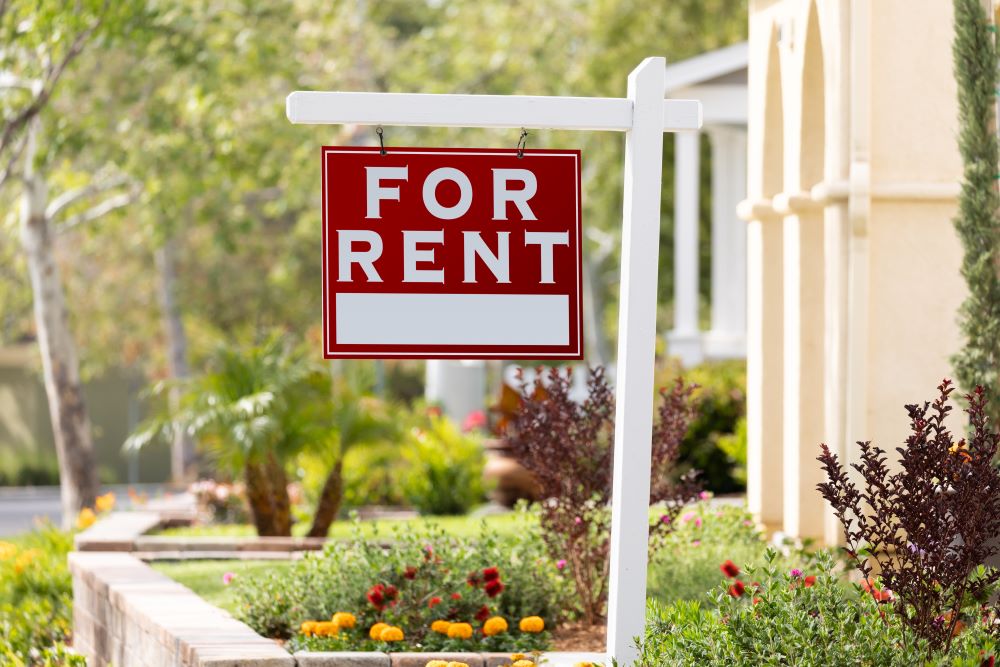Times are hard right now. It probably comes as no surprise that many cash-strapped Americans are opting to charge their rent on a credit card.
According to an NPR article, there’s been as much as a 70% percent increase from last year in people paying rent on a credit card. However, putting your rent payment on your credit card can have a negative impact on your credit.
Racking thousands of dollars in rental payments on your credit card can affect your credit utilization ratio — the total amount of debt you have compared with the amount of available credit you have. If, for example, you have a $10,000 credit limit and a $5,000 balance, your credit utilization is 50%. Typically, you should aim to keep your credit utilization low, generally at no higher than 30%.
Unpaid rent, however, isn’t usually directly reported to the credit bureaus – especially if you rent from a landlord with few units or properties. A landlord would need to become a bureaus member and have a minimum number of active accounts to report unpaid rent. Generally, only high-volume landlords report overdue rental payments.
However, paying your rent on time may positively impact your credit. You can connect with a rent reporting service (some charge a fee) to get your payment history to the three reporting agencies. All three major credit bureaus include rent payment information in their reports if they receive it.
It’s understandable, though, that if you can’t pay your bills due to a job loss or reduction in income, your credit scores may be the least of your concerns. But, it’s still wise to at least be mindful of it. Your credit score matters when renting, getting an auto or home loan and insurance, buying a car, and even applying to certain jobs.
In the event of a job loss, income reduction, or any disruption that may mean that you miss payments, you should contact your creditors right away, preferably before your first missed payment. You should monitor your credit score to make sure any pause in payments is correctly reported.











